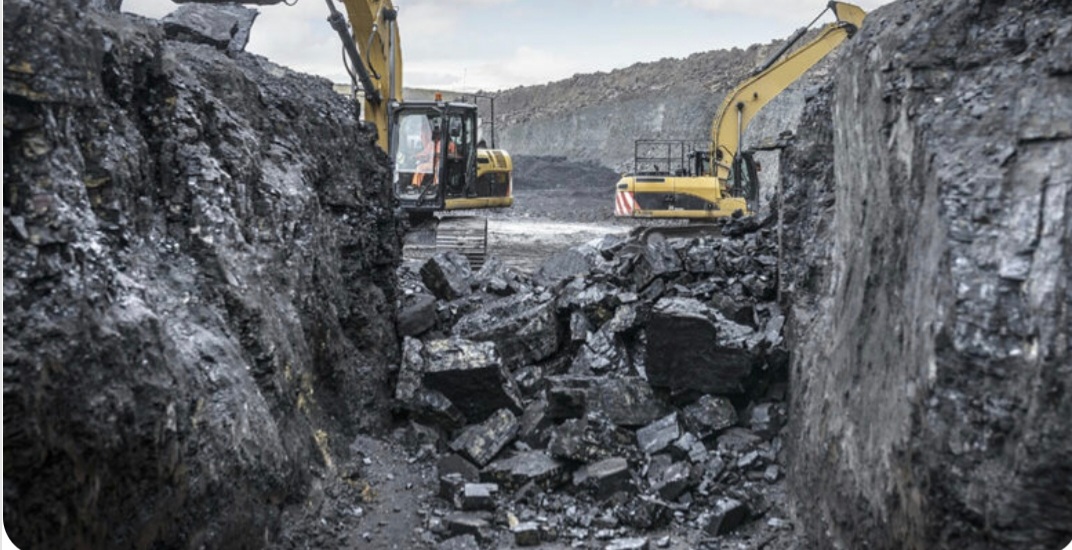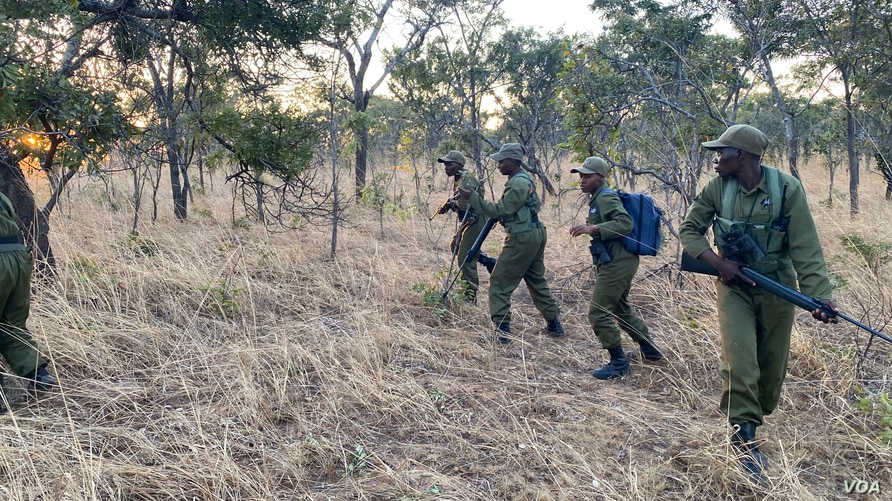BY BRENDA NCUBE
A Hwange coal mining company allegedly fired about 50 workers, mostly drivers, after they protested against the unilateral reduction of their wages and poor working conditions.
Turbo Mining, which is linked to businessman Billy Rautenbach and operates in Hwange’s western areas, is said to have wielded the axe on the workers after they staged a protest last Tuesday.
The fired workers were allegedly removed from the company premises by security guards before they were summoned to appear before a disciplinary hearing.
Others said they resigned immediately because they did not believe in the fairness of the company’s disciplinary processes.
Workers are said to have staged a demonstration at the company premises after they realised that their allowances had been reduced to between US$170 and US$180 from US$230 that they had agreed with their employer.
Turbo Mining pays its workers a basic salary of US$86 334 and the US dollar allowances, but the disgruntled employees said their pay had been adjusted without their knowledge.
Charisma Alubi, who said he was one of the drivers that were being victimised for their role in the strike, told VicFallsLive workers were not happy with the way their salaries were being altered every month.
“Our salaries are being reduced every month,” Alubi said.
“We are not getting the amount that we signed for on our contracts.
“The money we are given is not enough.
“We have families that we are taking of. We also need to eat, pay rent and rates. We can’t work for free at Turbo Mine.”
Narrating events that took place on the day the workers were summarily dismissed, said Turbo employees staged a sit-in as they demanded to be addressed by management on the salary discrepancies.
“Drivers on night duty showed up for work, but we didn’t work and that was the same situation with the day shift drivers,” Alubi said.
“We asked for a breakdown of our salaries from the human resources department.
“However, we were chased away by security guards from the company premises and the HR department served us with letters to attend hearings.”
Another driver Norman Chiringa said the protesting workers were accused of embarking on an illegal strike.
“The charges being levelled against us are that we staged an illegal work stoppage after we asked the HR department to give us a breakdown of our salaries,” Chiringa said.
“We wanted to know why we got less than what was stated on our contracts.
“They couldn’t explain the discrepancies between what was on the contracts and the pay we got.
“Some of us resigned the next morning because we already knew the outcome of the hearing, which is getting fired.”
Some of the disgruntled workers claimed that the company fired mostly locals, who were immediately replaced by people from other provinces.
“The staff that has been fired is made up of mostly local residents of Hwange,” claimed Khumbulani Nyoni, a driver.
“After firing us they brought drivers from Chisumbanje and they treat them much better by keeping them on guest houses and they feed them daily.
“The management practices a lot of tribalism.”
Rautenbach also owns GreenFuel, which produces ethanol in Manicaland.
The fired Turbo Mining drivers claimed their employer also failed to guarantee their safety and health.
“Some companies test their workers for diseases caused by coal dust, but we haven’t been tested for a year and some months, we might be dying inside,” said Admire Nyathi, a driver.
“We have a colleague who got sick and went to Harare.
“The company has no clinic on site, no medical aid, even an ambulance to send those who get injured at work to the hospital.
“If you get injured at work you cater for your own medical bills and if you take long to recover the company fires you.
“The company managers don’t know how to run a mine. We do not get safety clothing on time and we run the risk of contracting pneumonia.
“The food we are getting is like that being fed on prisoners. If you ask about money you are called for a hearing and you get fired.”
Efforts to get a comment from Turbo Mining management were unsuccessful as their telephone numbers were being answered.

 Slider3 years ago
Slider3 years ago
 National4 years ago
National4 years ago
 Opinion3 years ago
Opinion3 years ago
 Tourism and Environment4 years ago
Tourism and Environment4 years ago
 National2 years ago
National2 years ago
 National3 years ago
National3 years ago
 National4 years ago
National4 years ago
 National3 years ago
National3 years ago




